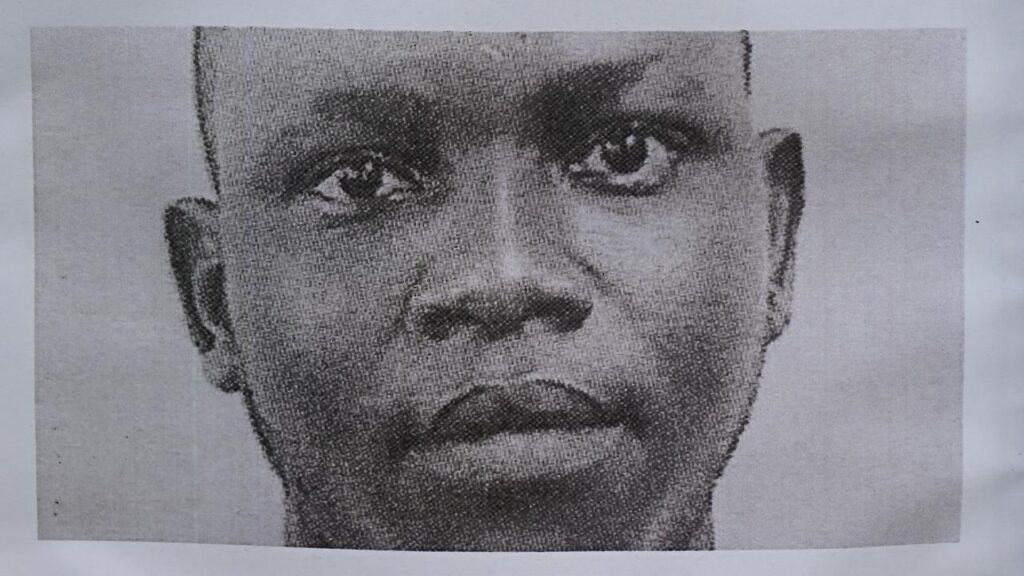Delays ‘not outcome changing’ after refugee’s fall
Laine Clark |

For years, Sudanese refugee Faysal Ishak Ahmed repeatedly asked for medical attention at Manus Island detention centre.
He underwent testing that did not suggest he was suffering from a serious underlying medical condition.
Mr Ahmed, 30, fell down a flight of stairs at the centre and suffered a “traumatic” brain injury on December 22, 2016.

It took about 26 hours for him to be airlifted to Royal Brisbane and Women’s Hospital before he died on Christmas Eve.
Following a 2024 inquest, Coroner Terry Ryan has found the fall’s cause could not be determined and his medical treatment was “appropriate and sufficient”.
Mr Ryan also found post-fall treatment was adequate and while there was a delay in consulting a neurosurgeon and the air ambulance’s arrival, they were not “outcome changing”.
Mr Ahmed arrived in Australian waters by boat in 2013.
He was detained at the Australian-funded and managed Manus Island offshore detention centre in Papua New Guinea, which was shuttered in 2017.
Mr Ahmed presented to International Health Medical Services staff (IHMS) about 60 times during his three-year detention stint, the inquest heard.
His complaints included jaundice, gastric symptoms, kidney pain, chronic sinusitis, mental health issues and chest pain.
More than 30 fellow Sudanese refugees raised concerns about Mr Ahmed’s health with the centre’s medical staff before his death.
Medical experts gave evidence at the inquest, providing differing opinions on the fall’s likely cause including an irregular heartbeat and low sodium levels.

However, Mr Ryan said he was unable to determine whether they were the most likely cause of Mr Ahmed’s collapse and agreed they could not have been identified or prevented before the fall.
“I conclude that the medical treatment and care given to Faysal at the Manus Island medical clinic was, overall, appropriate and sufficient,” he said.
Experts at the inquest took issue with medical staff not seeking a neurosurgeon’s advice for five hours after Mr Ahmed’s fall and the air ambulance’s delayed arrival.
IHMS and the Australian government’s lawyers stressed at the inquest that any delays or lags in his transfer were due to the island’s remote nature and that procedures were followed.
Mr Ryan said neither issue was “outcome changing”.
Mr Ahmed died of acute pneumonia and multi-organ failure from the brain injury suffered in the fall.
Autopsy findings “did not show any specific features that could be listed as contributors to the death, in particular the specific cause of his fall”.
But blood tests showed Mr Ahmed had sickle cell trait, a condition where a defective gene can be passed on to future generations and cause complications.
The coroner recommended that the Commonwealth work with immigration detention health service providers to raise awareness of sickle cell conditions, the importance of screening for the condition and the value of testing in understanding genetic risks.
AAP